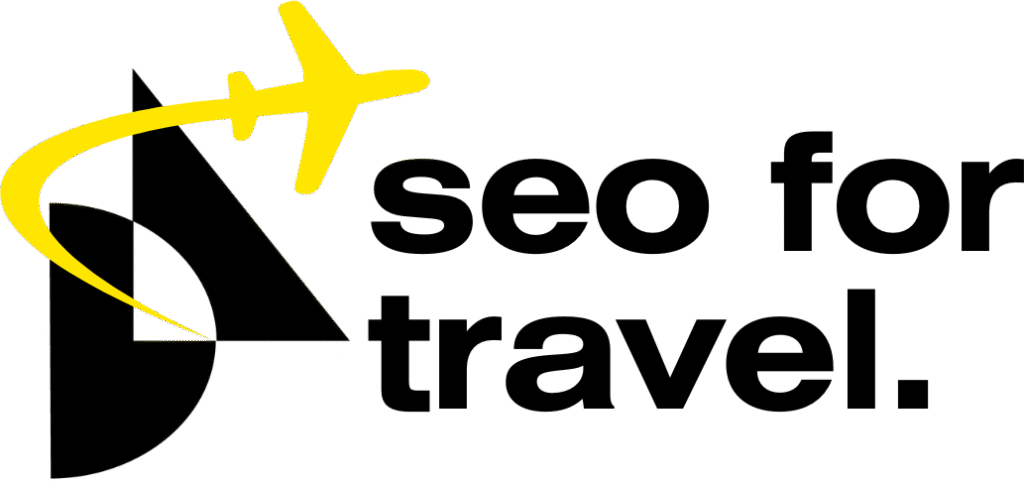In today’s digital-first world, the travel industry is more competitive than ever, both in the B2B and B2C space. Whether you’re targeting corporate clients or individual travellers, your website’s visibility in search engines can make or break your business. One of the most critical components of any successful SEO strategy is link building—a practice often overlooked or misunderstood, yet essential for climbing the rankings.
Why Link Building Matters
Search engines like Google use complex algorithms to determine which websites should rank highest for specific queries. One major ranking factor is the number and quality of inbound links (backlinks) a site receives from other reputable websites. These links act as endorsements, signalling that your content is valuable and trustworthy.
In the travel sector—where competition is fierce and the buying journey can be lengthy—ranking highly in search results increases your visibility, drives organic traffic, and helps convert leads into bookings. For both B2B and B2C travel companies, a solid link building strategy can give you a crucial edge.
B2B Travel Link Building
B2B travel websites typically cater to corporate travel planners, event managers, and businesses seeking bulk bookings or bespoke travel solutions. Link building for these platforms must focus on authority, trust, and industry relevance.
Industry Partnerships: Collaborating with tourism boards, trade associations, or event organisers can help earn high-quality backlinks from respected domains.
Thought Leadership: Publishing expert content such as whitepapers, case studies, or research reports and getting them featured on niche travel or corporate blogs can significantly enhance authority.
PR Campaigns: Being featured in industry news, giving expert commentary, or participating in travel expos and conferences can generate editorial links from reputable news outlets.
These tactics not only build backlinks but also establish your brand as a credible player in the B2B travel ecosystem.
B2C Travel Link Building
On the B2C side, travel websites must appeal to a broad audience looking for holidays, flights, hotels, and experiences. Here, emotional appeal, social proof, and content sharing are key.
Travel Blogging and Influencer Outreach: Partnering with travel bloggers and influencers to review your services or feature your content can result in valuable links and increased brand exposure.
Content Marketing: Creating engaging travel guides, itineraries, and destination content increases the likelihood of earning natural backlinks from users and publishers.
Customer Reviews and Testimonials: Encouraging happy customers to write about their experiences on external platforms can generate organic links and boost trust.
B2C link building benefits from scalability and shareability, as people love to talk about their holidays and experiences.
The Bottom Line
Whether you’re in the B2B or B2C travel sector, link building is not just a nice-to-have—it’s a must. It supports your SEO, builds brand authority, and attracts qualified traffic to your site. A tailored, consistent approach to link building will help your travel business stand out in a saturated market and reach the right audience at the right time.
Investing in high-quality link building isn’t just about improving rankings—it’s about positioning your travel brand for long-term digital success.
The great news is that the team here at SEO for Travel, part of Digital Landscope Limited, are experts when it comes to boosting that DR inline with other SEO and AEO techniques to smash out a comprehensive strategy.


